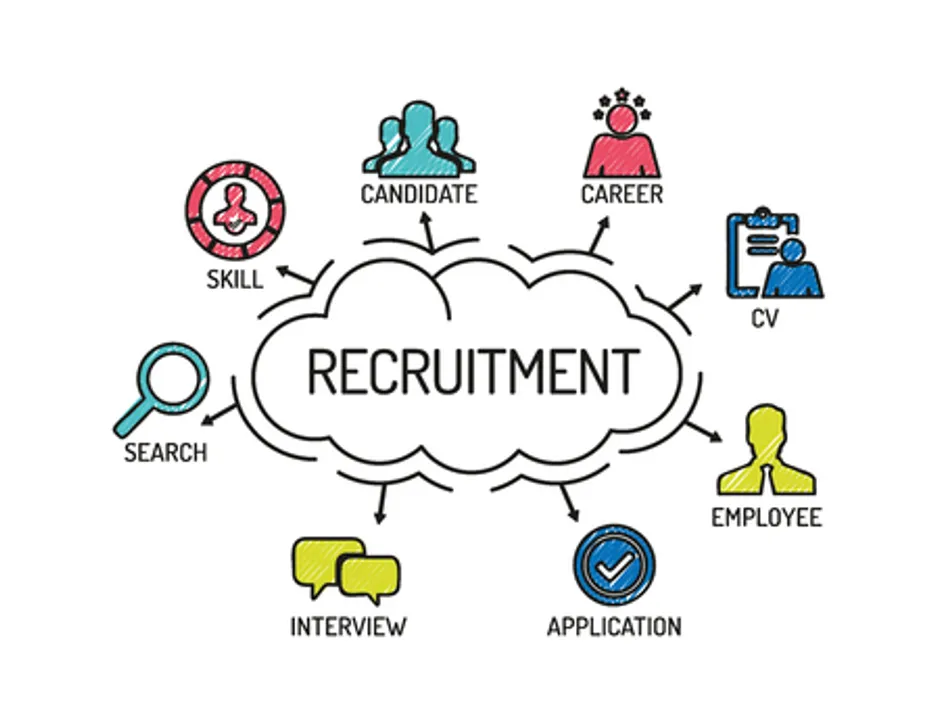As a Physician These are the Qualities I Value in a Recruiter

Rabia Elif Aksoy/123RF.com
I think a fair assumption is that most reading this have been part of a team effort in the workplace: played a sport growing up or participated in a project requiring group cooperation. Like most interactions, a degree of trust, hard work and collaboration is necessary for success. These same traits apply to the partnership between a physician and recruiter.
Eighteen years ago, I took my first locum assignment after working with a recruiter. Since then, I have enjoyed a range of experiences from excellent facilities with congenial staff as well as walking into the gates of hell. Knowing is half the battle, and I wanted to share a few of the traits I look for and rely on when working with recruiters and staffing agencies.
Honesty
As an emergency physician, there are certain things I need to know before accepting an assignment. Items such as:
- the availability of an on-call surgeon or OBGYN
- ease of transfer to a higher level of care
- access to equipment such as ultrasound and availability of CT imaging and prompt reading
- experienced and reliable nursing staff
- other factors based on the particular hospital
When a recruiter calls and just reads the information from the hospital website, I know we are off to a bad start. I ask my usual list of questions and gauge the response. When a quick affirmative flies back in a millisecond, I begin to worry.

Volodymyr Melnyk/123RF.com
I've had recruiters tell me how great the facility is, how comfortable the weekend call lounge is, and that the food is pretty good.
"Oh, and the staff is easy to work with and friendly. You'll love this place. I've seen a lot of hospitals, and this one is top of my list."
Imagine my surprise after working a long weekend to find anything but nice about the facility.
A terse call back to the recruiter revealed that his information came from the administration and a few photos he reviewed. He had never set foot near this facility.
Transparency
My favorite type of recruitment emails give all the pertinent details up front. Physicians are busy just like everyone else, and using click bait to force a call and conversation leads to mistrust. A recent example comes to mind. The email noted a newly remodeled department, seasoned staff, exceptional compensation and a manageable workload. Seemed too good to be true. A quick call to the recruiter revealed that the position was in a regional prison.
The messages that generate the most interest spell out specific details. For emergency physicians, the annual census (ER), patients per hour, admission rate, midlevel support, and compensation rate are crucial details. Other details are obviously important and vary depending on the position, hospital size and city.
While compensation is a delicate subject, transparency and consistency are necessary for everyone to get along. I've worked in numerous settings where all physicians are paid the same hourly rate to work a shift in the ER or as a hospitalist. A common variation involves using a differential for board certification and night shifts. This data was a known entity and accepted by the physicians.
Imagine the frustration, resentment, and at times, hostility, when a physician finds out the colleague next to him is making $50 more per hour. I've seen doctors come unglued during busy shifts and the emergency department erupt into chaos.
Communication
If you have ever purchased a home, you know the sense of dread when a realtor shows you a house that has zero features or requirements from your wish list. It is a complete waste of time.
The same applies to pitching opportunities to physicians. Most in the market for a new position or locum work have a solid idea of what they want and a list of criteria to be met. Being bombarded with emails and phone calls about the latest and greatest job in Timbuktu does not foster a desire to continue working with that recruiter.
One of my favorite staffing companies only calls when the all the boxes are all ticked. When I see that email or phone number coming in, I am confident I'll want to listen to what's about to be shared: the right volume of patients, good location, decent pay, excellent staff, safe location.
I think the best partnerships with recruiters develop when there is a mutual degree of respect, open and honest communication, and trust.
When answers are needed or clarification required, the kind of recruiter I like to work with digs in and finds the honest answers. Fostering a long-term relationship over the quick win is a recipe for mutually beneficial collaboration.
Related Posts
